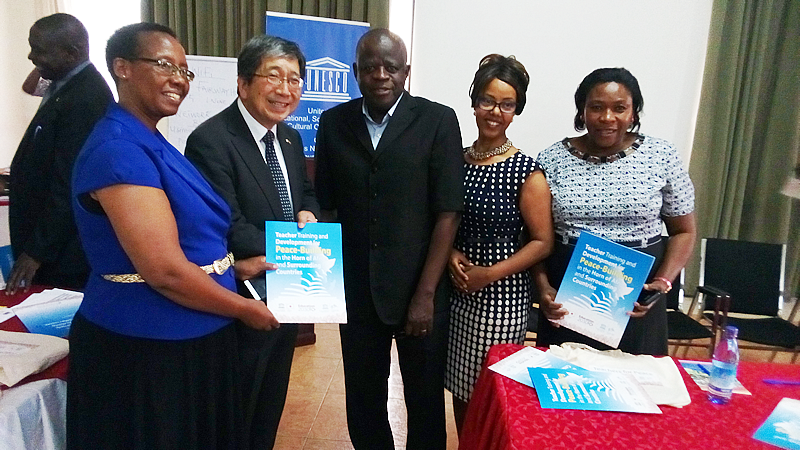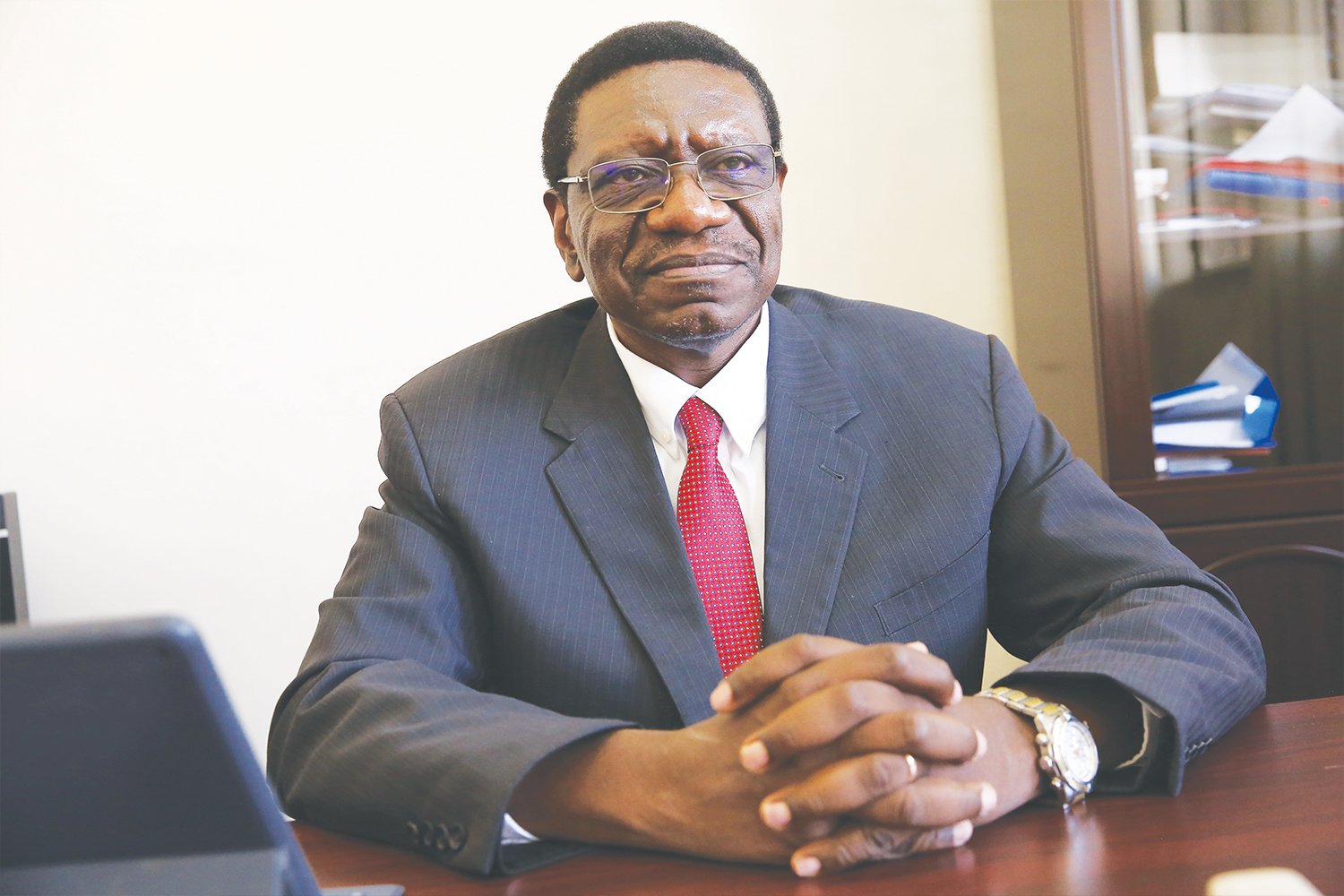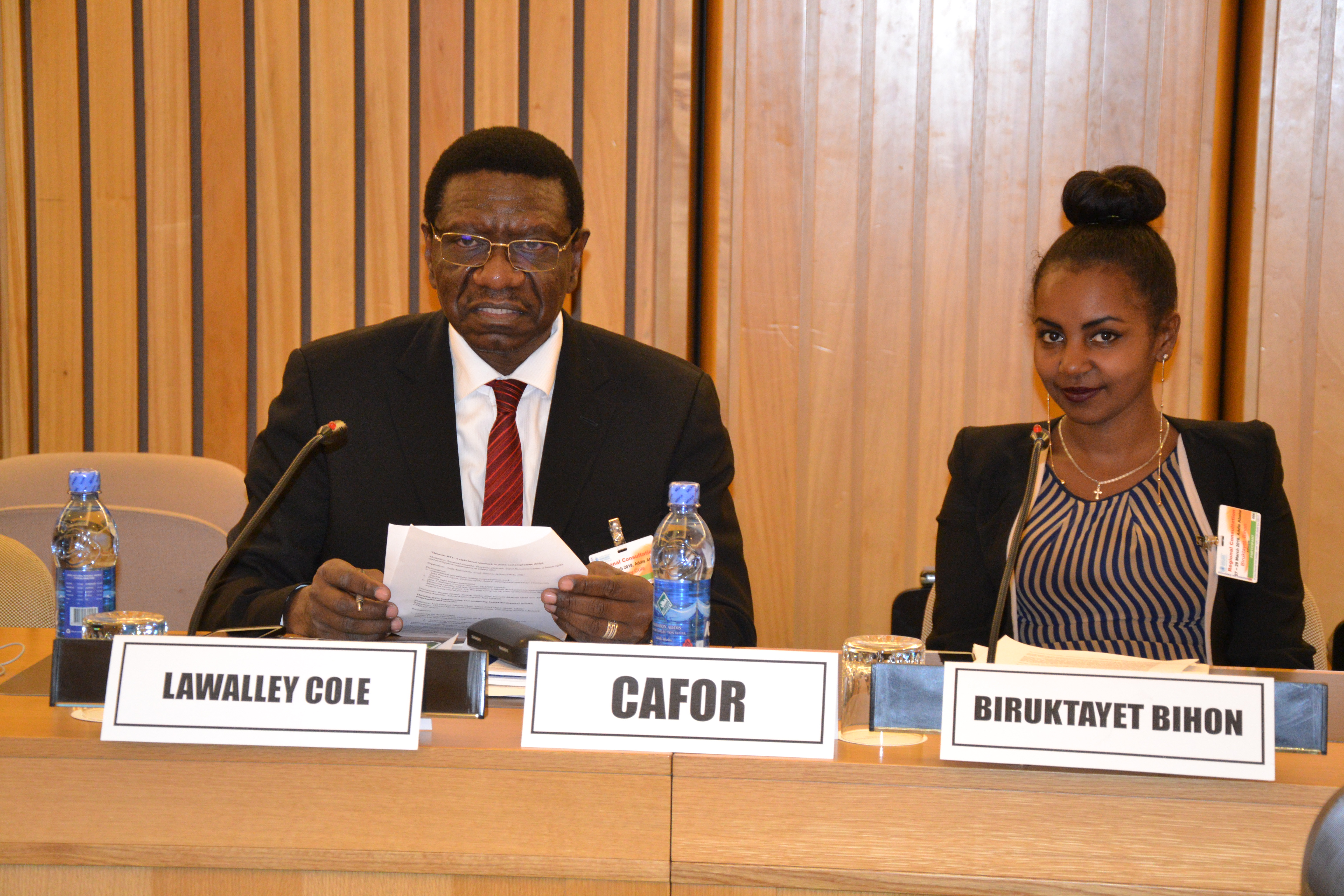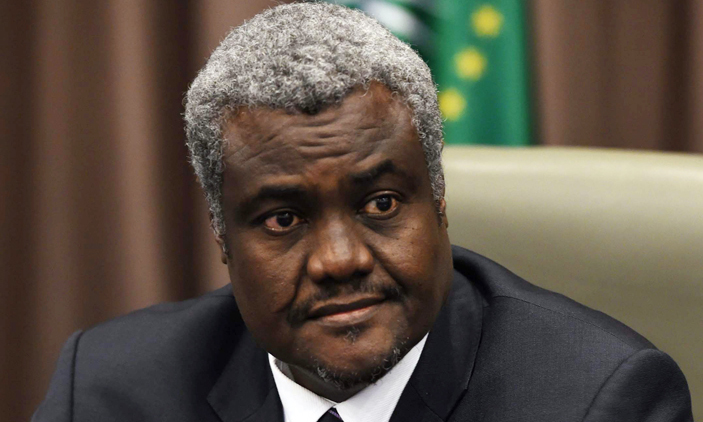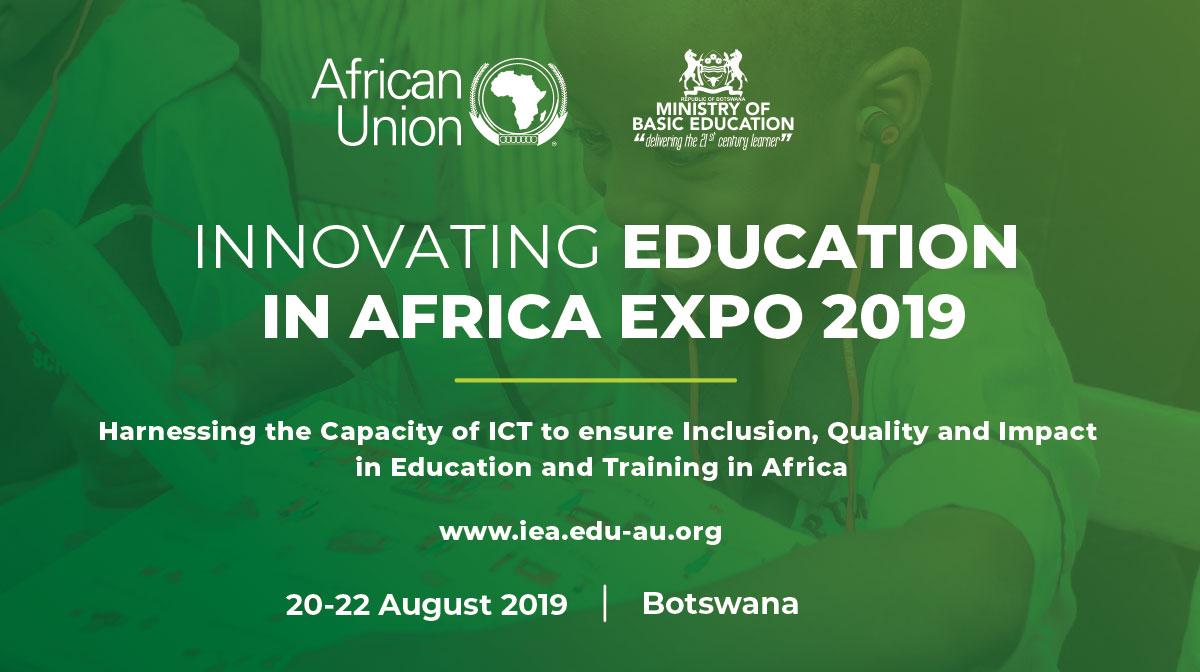On 6 March 2018, the Ministry of Education and Sports (MoES) with the UNESCO IICBA and UNESCO Kampala Office hosted a policy dialogue on teacher training for peacebuilding in Kampala, Uganda. This activity is an essential element of UNESCO IICBA’s Teacher Training and Development for Peace-building in the Horn of Africa and Surrounding Countries project, supported by the Government of Japan.
The Ambassador of Japan to the Republic of Uganda, His Excellency Kazuaki Kameda, shared with the 28 participating youth, MoES and TIET officials, education policy makers, secondary-school teachers, and National Teacher College (NTC) lecturers, that Japan was proud to support this project and that the 1,000 secondary-school teachers already trained on Transformative Pedagogy for peace-building are ‘poised to have a positive impact on Uganda’s youth.’ His Excellency also urged the group, ‘Now, you have to ask yourselves: How can teacher training for peace-building be made sustainable? This is the essence of your task and at the core of today’s Policy Dialogue’.
The driving question of the policy dialogue was How can peace-building be made sustainable and integrated in Uganda’s secondary school policy, curriculum and practice?
Specific objectives were:
• to identify areas of peace-building in teaching and learning policy at secondary school level,
• to develop strategies to integrate peace-building into the secondary curriculum,
• to develop strategies to motivate secondary-school teachers to include Transformative Pedagogy into practice,
• to establish ways in which Education Development Partners (EDPs) could collaborate and network to support the sustainability of peace-building in teaching and learning at secondary school levels, and
• to develop recommendations for integrating peace-building into Teaching/Learning at secondary school levels.
Mr. Brighton Barugahare, Assistant Commissioner, Division of Policy Analysis of Uganda’s MoES, led the policy dialogue by first providing an overview of Uganda’s educational history and education policy reforms. Group discussions were held around the specific objectives.
Some of the recommendations to integrate peace-building training and education at the secondary school level were:
• to initiate pre-service and in-service teachers in conflict analysis and peace-building,
• to provide professional development (PD) on peace-building and Transformative Pedagogy,
• to make necessary recourses available, such as digital tools to scale-up peace-building knowledge and competencies,
• to mainstream/infuse peace-building education, and information on human rights, gender issues, democracy into other course content, and
• to promote youth-led peace-clubs for conflict resolution in NTCs, secondary-schools and in the local community.
The policy dialogue follows in-country training of teachers held in Kaliro and Unyama last fall. From 14 to 17 November 2017, the MoES organized and facilitated trainings at Kaliro and Unyama NTCs reaching over 1,000 pre-service secondary-school teachers. Both the trainings at Unyama and Kaliro NTCs utilized the Transformative Pedagogy for Peacebuilding: A Guide for Teachers. Transformative pedagogy is a method of teaching that empowers learners and educators through discovery learning and reflection. The guide for this pedagogy covers the full spectrum of peace-building from conflict analysis to tools for developing negotiation and mediation competencies.
‘The policy dialogue must move forward into action since peace is paramount.’ These were part of the closing remarks of Rosie Agoi, Secretary General of the Uganda National Commission for UNESCO. It was also echoed in the words of Dr. Jane Egau, Commissioner of Teacher Instruction, Education and Training who implored participants to implement recommendations at the policy and institutional levels.
In the coming month, UNESCO-IICBA will publish a policy brief with the key policy recommendations to emerge from the Policy Dialogue and the Country Needs Assessment.
Dr. Martha K. Ferede, Project Coordinator, UNESCO-IICBA


